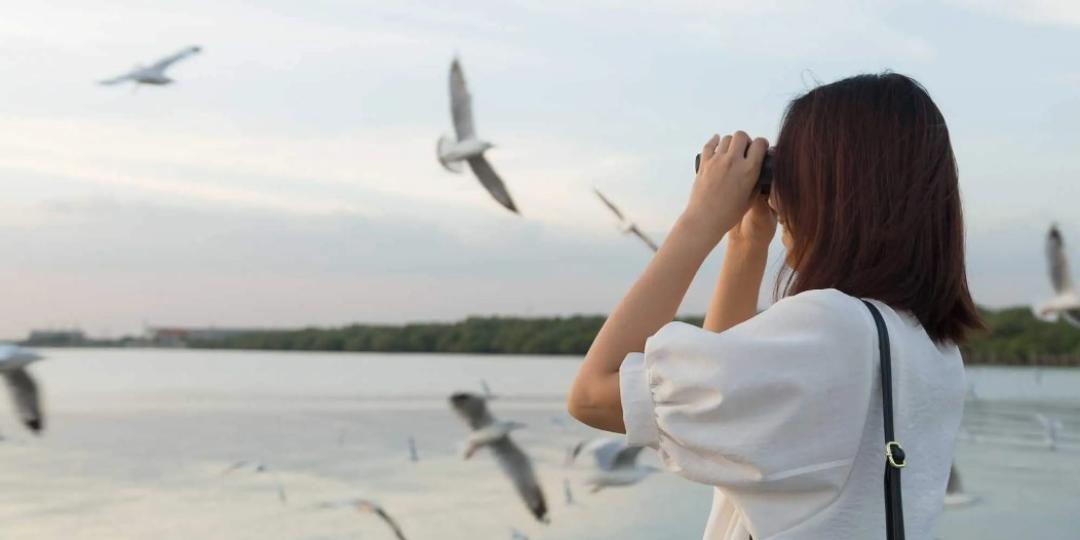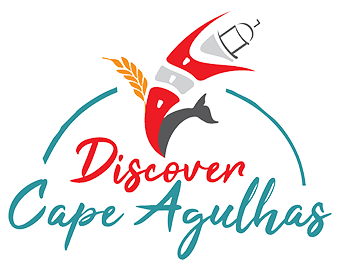

SA’s avitourism sector: a wealth of potential
South Africa has over 870 recorded bird species, approximately 8% of the world’s bird population. And while the country’s avitourism sector has blossoming growth potential, more needs to be done to develop this niche tourism activity and raise awareness of its significant value.
“Getting tourism services operators aware of the avitourism assets in the area and how they can enrich the experience of tourists through birds is vital, and has a huge potential for growth,” Andrew de Blocq, former Avitourism project manager at BirdLife South Africa, told Tourism Update.
The global birdwatching tourism market is currently valued at around US$659.4 billion and is predicted to rise at a compound annual growth rate of 5.3%, reaching a value of $1.1 trillion by 2034, according to a report by Future Market Insights.
Given that avitourism around the world and locally has grown exponentially, the value of the industry in South Africa today is well over R2 billion (€97m) annually, according to BirdLife South Africa.
A registered non-profit, public-benefit organisation, BirdLife South Africa has over 5 000 members in more than 40 bird clubs throughout the country. The organisation plays a significant role in the birding tourism industry by promoting sustainable birdwatching practices, conserving bird habitats, and providing valuable resources and support to both bird enthusiasts and tour operators.
BirdLife South Africa contributes to the birding tourism industry in the following ways:
- Conservation advocacy: Supports the conservation of important bird habitats and species, ensuring that these areas remain accessible for birdwatchers and tourists. By protecting natural areas, the organisation helps maintain biodiversity and supports ecotourism initiatives.
- Education and outreach: Offers educational programmes, workshops, and resources to birding tour operators, guides and enthusiasts. By promoting responsible birdwatching practices and raising awareness about the importance of conservation, the organisation helps ensure that birding tourism is conducted ethically and sustainably.
- Citizen science projects: Engages birdwatchers and tourists in citizen science projects, such as bird counts and monitoring programmes. These initiatives provide valuable data on bird populations and distributions, which can inform conservation efforts and contribute to the understanding of avian ecology.
- Partnerships and collaboration: Joins forces with various stakeholders, including government agencies, NGOs, and private sector partners, to promote birding tourism and conservation initiatives. By working together, these organisations can leverage resources and expertise to support sustainable tourism development and conservation goals.
Rapid upward trend
De Blocq said that the organisation had noticed a rapid upward trend in the number of birding tourists coming to South Africa.
“South Africa has always been a first class destination globally and some of our leading specialist tour operators for birders worldwide are South Africans. So just by extension, they send a lot of tours to South Africa,” he said.
He highlighted that COVID-induced lockdowns had contributed to the growth of the industry, considering that birds helped to facilitate a connection with nature during a time when this was difficult.
“When we were all locked down, the only form of natural connection we could have was the birds visiting our garden. COVID has encouraged birdwatching as a hobby, and travellers have joined the ranks of birders since then. We’ve had a rapid uptick in, for example, BirdLife South Africa’s social media following, allowing us to track the latest trends.”
De Blocq did concede that more recent data post-COVID is needed to gain a better understanding of the industry’s scope.
However, strides have been made recently with projects such as BirdLife South Africa’s GoBirding website, where travellers can plan their entire birding trip in South Africa.
Barriers
Nandi Thobela, BirdLife South Africa’s Empowering People Programme Manager, said that a change in perceptions, an increase in government investment and a focus on preventing habitat loss and climate change would help avitourism to meet its potential.
“Avitourism is still perceived as a niche kind of tourism for a particular demography and age group. This also means most people view it as an expensive kind of tourism, requiring equipment such as binoculars and bird books, to engage in as a consumer,” said Thobela.
“There is minimum investment from government and few efforts to transform the industry. Environmental threats, such as habitat loss, pollution, and climate change pose significant challenges, while concerns about safety and security may discourage tourists from visiting birding destinations. Addressing safety concerns and promoting safe travel practices could help alleviate these apprehensions.”
Raymond Rampolokeng of Bay of Grace Tours, reportedly the first tour guide to be trained in birdwatching in Soweto, called for public sector support to be enhanced.
“Avitourism stakeholders in South Africa have a daunting task in transforming the birding tour operator industry to level the playing field. We held our first ever BirdLife South Africa Community Bird Guides Indaba late last year to figure out ways to talk openly about transformation, market access, gender equity and representation at the council level,” he said.

